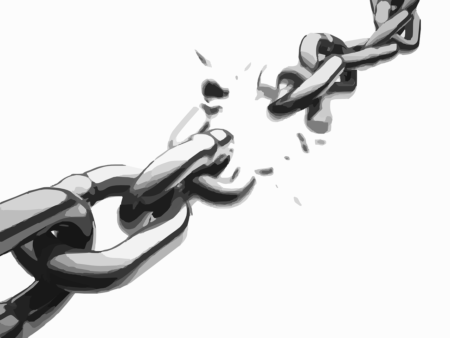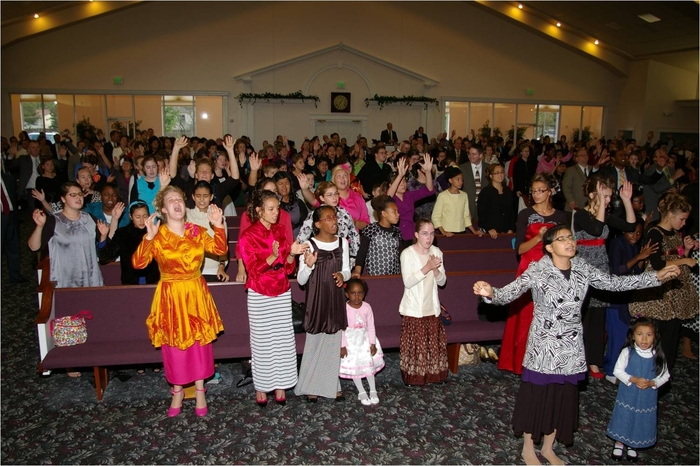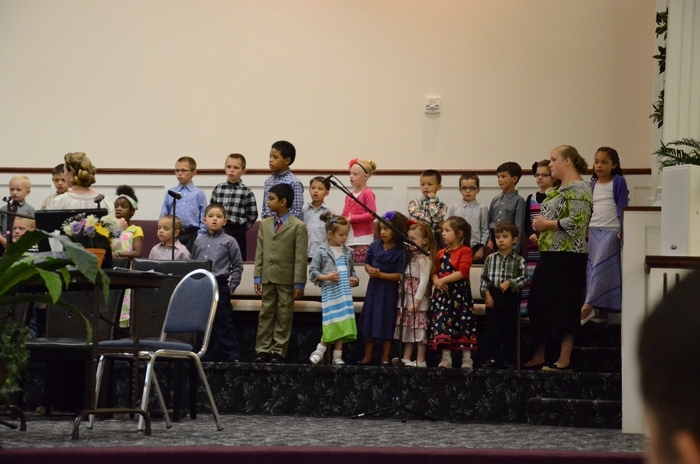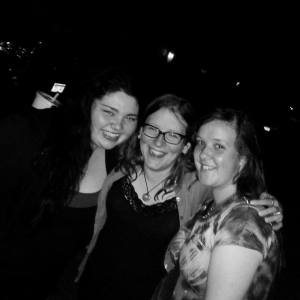
Editorial Note: The following is reprinted with permission from Eleanor Skelton’s blog. It was originally published on March 1, 2016 as part of a series.
Continued from Butterfly Support Group
Today’s post is from a friend who wishes to remain anonymous.
Content note: child abuse, domestic violence, marital rape
Nostalgia is defined as a sentimental longing or wistful affection for the past, typically for a period or place with happy personal associations. The memories of childhood often evoke feelings of longing for a time when happiness abounded.
For some, the wistful, longing feelings of youth give way to an all-consuming emptiness. The definition of a ‘lie’ is to tell something untruthful. The state of untruth, of chronic deceit, replaces any feelings of nostalgia from my past.
I had no uninhibited feelings of curiosity. I lived in constant fear of ‘rebellion.’ An older sibling was always on the verge of a ‘dangerous path’ for some indiscretion.
My youngest memories are of parents whose marriage was on the rocks. In an attempt to maintain the family unit, I was used as a human shield.
I have vivid flashbacks of my father trying to force himself on my mother. The innocence of youth was torn from me at an early age. Every sense was violated by the presence of inappropriate boundaries, or lack thereof, with my parents.
My mother would rarely sleep with my father and usually when she did, I was placed between them.
I was her safe haven. As far back as I can remember, I was her shield, both physically and emotionally. I was not allowed to interact with my other siblings, creating animosity between myself and my siblings.
I was rarely allowed out of my mother’s sight. I was 17 years old before I was allowed to stay at home even if she was only grocery shopping.
However, as with every child, I bonded with my mother. I remember the normal feelings of wanting to please her and gain her approval, which was always elusive. I never knew when she would praise me or attack my “rebelliousness.”
Throughout my childhood I was not allowed to have friends, but I was very close to my sister Faith. We were never separated, which was by my mother’s design. Faith was the other half of the human shield. Combined, we formed a human triangle. We were a unit, it was as though Faith and I were appendages of my mother.
As a child, I was unaware of the cage I was living in.
I was not aware that I was being used as a shield to save a failing marriage. In many ways, I was like any other child.
I loved life, I was curious, I loved my family. I loved my parents. I was sure they really cared for me more than anything. I ran wild on our five-acre plot. I loved the creek near our house and my stuffed animals. I loved my mother’s cooking. I loved to bake cookies and play silly games with Faith.
The young child in me loved life, happiness and wanted only a safe haven, a place to explore the world without fear. But cages are a result of fear.
Paranoia resided in my parents, causing them to isolate their children, allowing us little contact with the outside world. We lived in a cage of patriarchy, guided by an “umbrella” theory of God. The gist of this theory was that our father was the portal through which God gave his will to children, especially girls.
It was my father’s duty to make sure his daughters were “pure” before marriage. It was my father’s duty to give his daughter to a worthy man, meaning he felt entitled to be heavily involved in any dating relationships. Young girls were not allowed to have opinions, much to the dismay of my spunky nature. I wanted opinions, I wanted respect. But I was rarely allowed opinions, and I was often mocked.
Becoming an adult in such a cage was confusing and stressful. Conflict burned within me. I loved my parents, why did I have to choose between them and the world? Was God as rigid as they claimed? Did God think women had a voice? Were women only meant to have babies? Does God hate me if I sin? If I lose my virginity will I go to hell?
Growing up in a cage also makes the bars of the prison cell harder to see. When talking with people ‘outside,’ it was strange when their responses to my circumstances were not in agreement with my parents.
You mean it isn’t normal to sleep on the floor of my parents’ bedroom until I was 14-years-old? You mean God made men and women equal? It isn’t normal for children to be told they are half-aborted? There is such a thing as marital rape, that isn’t only possible if you are unmarried? How can a husband rape his wife, aren’t they supposed to have sex?
Coming out of the cage, realizing my childhood was merely a chess game, in which I was nothing more than a shield, was more than painful. Adequate words are not available to explain how I can no longer look back on my youth, frolicking in my backyard without thinking about the cage I was in.
I cannot think of my long talks with Faith at night, memories I formerly cherished, without remembering how we were really drowning out the screaming of my parents. We were the shields, my life was a lie.
I can no longer see the remnants of my former life without feeling the stabbing pain of the lie of childhood. I cannot look back at my young self without feeling pity.
Sometimes I long for the home I thought I had as a child. I long to be a child again because I realize I never really experienced childhood. I was never in a safe environment. Sometimes I feel starved of love, ill-equipped to handle adulthood because I was not nourished. Just as bones break when they lack protein, the heart breaks when it lacks love.
The phrase, “I wish I didn’t know now what I didn’t know then” rings true for those who look back and see a dark past where once they saw a blooming meadow.
********
Shop at our Amazon store! As an Amazon Influencer, this website earns from qualifying purchases.
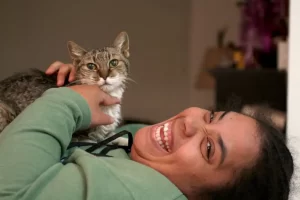
 On the one hand, you swear you must have three breasts, and are understandably and almost perpetually embarrassed.
On the one hand, you swear you must have three breasts, and are understandably and almost perpetually embarrassed.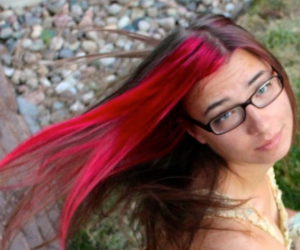 Mouth shut like a locket
Mouth shut like a locket